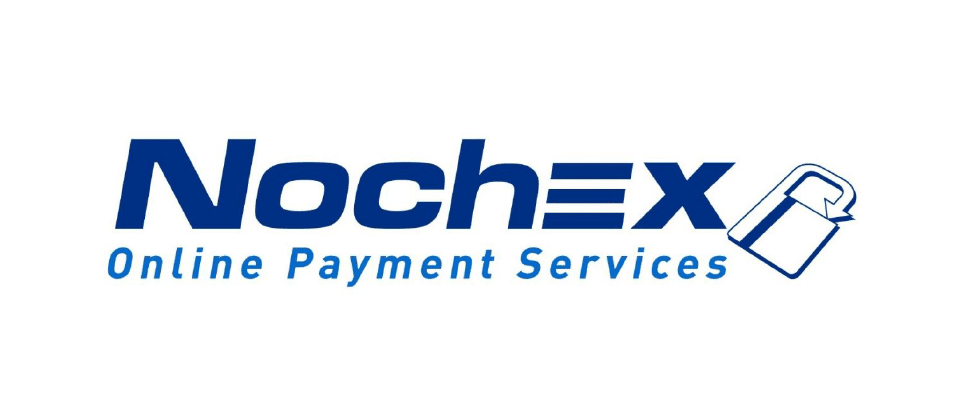Introduction
- Introduction
- What type of credit card processing do you need?
- Do you want to accept different types of payments?
- What are your payment processing fees?
- What customer support is provided?
- Do you prefer a direct or indirect merchant account?
- How much card fraud takes place in my industry?
- Evaluate the security, speed, customer service and pricing to know what kind of merchant account provider is best for your business.
- Conclusion
Before you start accepting credit cards, you need to choose a merchant account provider. A merchant account is an agreement between a retailer and a bank or financial institution known as an acquiring bank that permits the retailer to accept credit card payments. Merchant accounts vary in services and fees, so it's important to choose the best one for your business. Here are some things to consider when selecting the right merchant account provider:
What type of credit card processing do you need?
There are three basic types of credit card processing:
- Accepting debit cards, which allow you to process checks and cash as well.
- Accepting prepaid cards, which can be purchased by customers in advance of a transaction. They are often used for travel or entertainment purchases, like gift cards.
- Accepting recurring payments, where customers sign up with your business to make regular payments each month via credit card or bank account transfer.
Do you want to accept different types of payments?
If you are not sure what type of payment you want to accept, ask yourself a few questions. Do you want to accept all the major credit cards? Are there some specific types of cards that are more popular in your area and would help grow your business? Would accepting gift cards and checks make sense for your business model? Or maybe, like a lot of small businesses, cash is king in your store and adding another form of payment isn’t necessary at this time.
When deciding which merchant account is right for you, consider whether or not it will be easy for customers to pay with their preferred method.
What are your payment processing fees?
Another important thing to look for is the payment processing fees associated with each type of transaction. For example, some providers charge a flat fee per transaction, while others may charge a percentage of the total sale. This can be confusing and costly if you don't know what to expect up front.
To make sure you're prepared for all possible scenarios and avoid any surprises later on, ask about the following:
- Transaction fees (flat rate or percentage)
- Minimum monthly fees (if any)
- The number of transactions allowed per month
What customer support is provided?
- 24/7 support. A credit card processor should have a dedicated service team that's available around the clock. This is especially important if you're processing payments for your business at odd hours or on weekends and holidays, as these are times when you'll need help with technical problems.
- Live chat: Chat with a representative directly from the merchant account website using this feature, which allows users to talk live through the site without having to pick up their phones and call in.
- Phone support: If you'd rather speak to someone than type out an email or wait for a live chat representative. Most processors offer this option so that users can get questions answered quickly—and efficiently—without having to wait for responses via email or text message (SMS).
- Email support: Email correspondence can be more efficient than other methods of communication because it allows both parties involved in any given conversation access to each other's messages immediately after they've sent them.
Do you prefer a direct or indirect merchant account?
If you want your business to retain control of each transaction, a direct merchant account is the best choice. With these accounts, you will receive all of the money from credit card sales and make all of the decisions regarding how those funds are used.
However, direct merchant accounts can be more expensive than indirect ones because they require more work on your part. The costs for processing credit cards on a direct merchant account are usually lower than using an indirect one but many businesses choose indirect just to avoid extra fees associated with handling money themselves (for example: check printing fees).
How much card fraud takes place in my industry?
It's important to understand how much card fraud is taking place in your industry. While it's a serious problem for all businesses, the potential for credit card fraud varies from industry to industry. For example, if your company sells expensive items such as jewelry or electronics, you're more likely to be dealing with fraudulent transactions than a clothing store that only sells low-cost accessories and shoes.
Fraudulent activity also depends on where you sell your products or services and how long they've been available on the market. If you sell clothing online through an eCommerce site such as Amazon or eBay (or both) then it would make sense that those platforms are targeted by hackers because of their large user base and the ease at which hackers can gain access to customer data via third parties who work with these sites (for example: shipping couriers).
Evaluate the security, speed, customer service and pricing to know what kind of merchant account provider is best for your business.
When choosing a merchant account, you need to consider the following aspects:
- Security. A good merchant account provider will offer security features such as tokenization and encryption.
- Speed. The speed of your payment processing system can affect your customer experience and impact how you do business, so it's important that you choose a provider with fast processing speeds.
- Customer service. You want someone who is available when you have questions or concerns about your account or processing, so it's important to find out what kind of support services are offered by different providers before signing up for one in particular.
- Pricing. There are many factors that go into determining which merchant account is best for you—pricing alone won't be enough! It's also worth factoring in fees like PCI Compliance fees and setup fees (if any). Understanding these details will help ensure that whatever option you choose fits within your budget requirements while still providing all the necessary features needed to run an efficient business using credit card payments as payment method
Conclusion
A merchant account is an important part of any business, but finding a good one can be difficult. There are so many factors to consider like security, speed of payments and support. The first step is understanding what type of credit card processing you need as well as which types of payments you will accept. Then it’s time to evaluate different merchant accounts by looking at their fees, customer service levels and fraud protection capabilities before making a decision on which one is best for your company.














